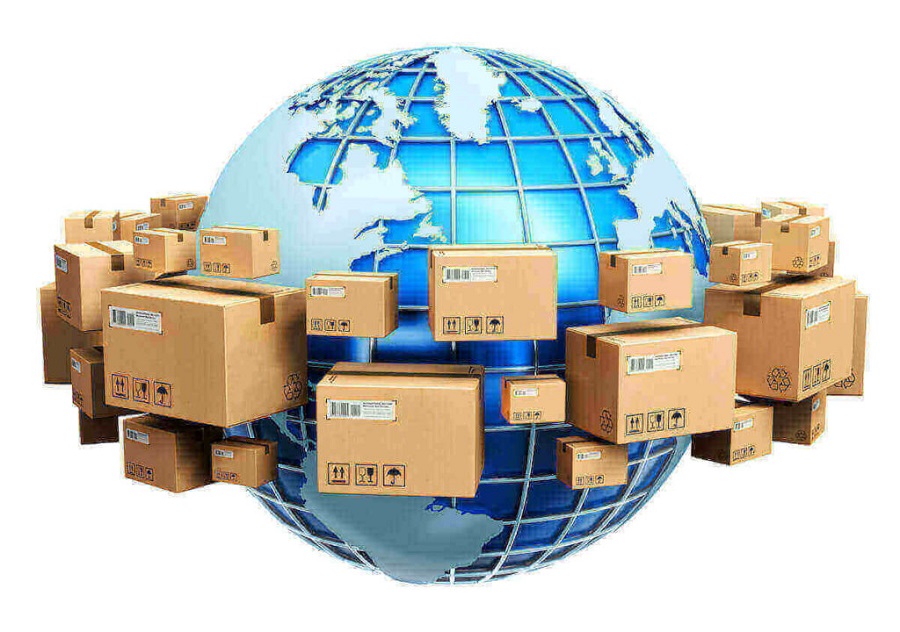Countries all over the world depend on each other for goods and services. There is no country in existence that has all that its citizens need to survive as a nation. Nigeria, just like other countries, does not have all the required goods that will enable it to become a self-sufficient nation hence the need for the importation of goods into Nigeria. In this article, we shall discuss the legal procedure for the importation of goods in Nigeria.
IMPORTATION COMPLIANCE IN NIGERIA
An importer who intends to import goods to Nigeria must ensure compliance with the following:
a) The importer must study the Import Prohibition List by the Nigeria Customs Service to ensure the intended goods to be imported into Nigeria are not prohibited or restricted. The prohibited and restricted list as goods such as beef, bagged cement, nuclear industrial waste, etc[i].
b) Register the importing company name with the Corporate Affairs Commission in Nigeria, and upon registration of the company with the Corporate Affairs Commission, the company will be issued a certificate of incorporation and a Tax Identification Numbe. It is advisable for the importer to hire the service of a lawyer in Nigeria to register the importing company with the Corporate Affairs Commission.
c) Register the importing company with the Federal Inland Revenue Services, and the importing company is required to register its Tax Identification Number with the Federal Inland Revenue Service by submitting the Tax Identification Number and a valid email address on the single window for the trade portal.
d) The Importer must open any Bank of his choice in Nigeria. The Bank will act as the Authorised Dealer Bank. It should be noted that the chosen Bank will process Form M, Pre-arrival Assessment Report, and other related duties.
STEP-BY-STEP PROCEDURE
If the importer has been able to comply with the above, then the following steps must now be taken in order to get clearance for the imported goods through the Nigeria Customs Service:
- The Importer obtains his Regulatory Certificate(s): The Certificate is issued by the Standard Organisation of Nigeria (SON) upon inspection of the goods to be imported by any of the Accredited Firms. The importing company needs to submit the required documents and its e-Form M for the SONCAP certification process.
- The importer obtains the necessary permit: This is depending on the type of goods to be imported into Nigeria. The Importing Company may be required to obtain the necessary permit from various regulatory bodies such as the National Environmental Standards and Regulations Enforcement (NESREA), the National Agency for Food and Drug Administration and Control (NAFDAC), Nigeria Upstream Petroleum Regulatory Commission (NUPRC) formerly known as Department of Petroleum Resources (DPR), etc.
- The importer activates the Product Certificate (PC) on the online single window[ii]: The PC is issued by the Standards Organisation of Nigeria (SON) to the importer of the goods through firms accredited by it (“Accredited Firms”). Examples of accredited firms are The Nigeria National Accreditation System (NiNAS), SGS (formerly Societe Generale de Surveillance), etc.
- The importer opens a Form M (Form M is a declaration of intention to import physical goods into Nigeria) on the Nigerian Trade Platform (Single Window System), attaching the required documents such as the Insurance Certificate, the Pro forma Invoice, Product Certificate, import permit, NAFDAC permit, etc. – and submit it to the Authorised Dealer Bank.
- The Authorised Dealer Bank validates Form M and appropriately forwards it to the Nigeria Customs Service.
- The Nigeria Customs Service either accepts Form M or rejects it when not appropriately completed or lacks some information, or where some necessary documents are not included in Form M.
- When the Nigeria Customs Service accepts Form M, the importer forwards a copy of the Form M to his exporter, who will contact any Accreditation Firm with the Form M, the Final Invoice, the Bill of Lading/Airway Bill, and the packing list, for the issuance of the SONCAP Certificate.
- The importer activates the SONCAP Certificate and applies for Pre-arrival Assessment Report issuance on the Nigeria Single Window for Trade. It should be noted that SONCAP is used for all consignments regulated by SON under the requirements of the Federal Government of Nigeria for importers to process their Form M and clear their goods[iii].
- The Pre-arrival Assessment Report is issued, and the importer commences the clearance of his goods with the Nigeria Customs Service.
CONCLUSION
Anyone who intends to import must ensure that he/she complies with the legal requirements as stated above in order to avoid any impediment to the importation of the goods, which may lead to a loss of investment. It is also advisable to hire the service of a lawyer in order to be properly guided with the rudiments and requirements needed for compliance purposes on the importation of goods into Nigeria.
[i] https://www.trade.gov/country-commercial-guides/nigeria-prohibited-and-restricted-imports accessed on February 28, 2023
[ii] https://www.exports-to-nigeria.com/en/news/son-implements-ecertificate-system accessed on February 27, 2023
[iii] https://www.exports-to-nigeria.com/en/news/pc-soncap accessed on February 28, 2023
Written by Olufe Popoola for The Trusted Advisors
Email us: [email protected]

